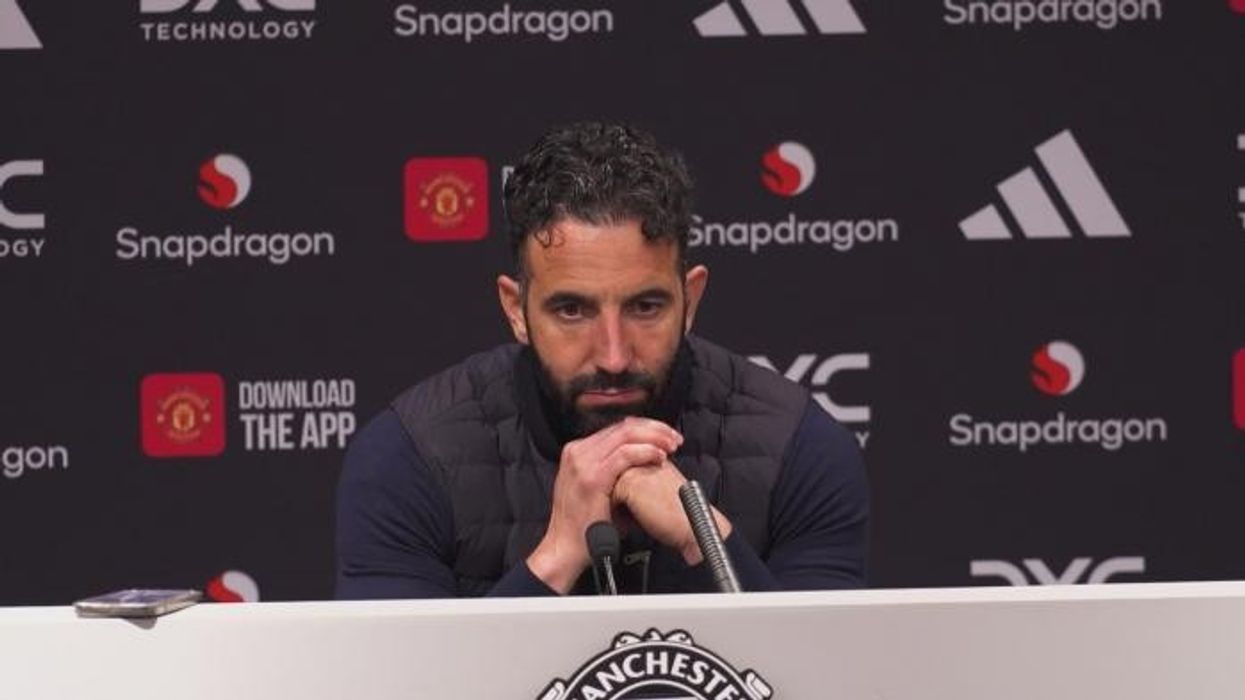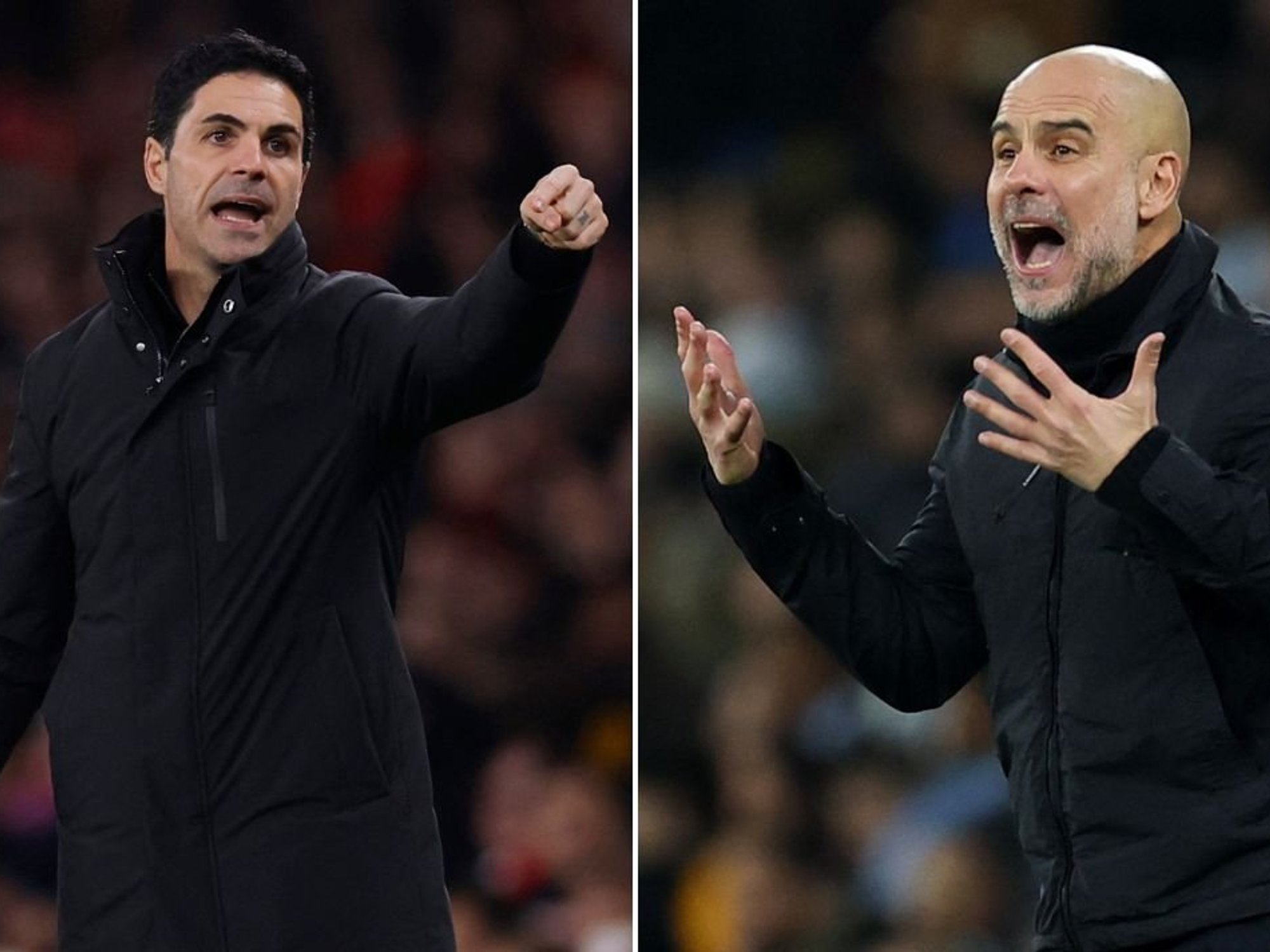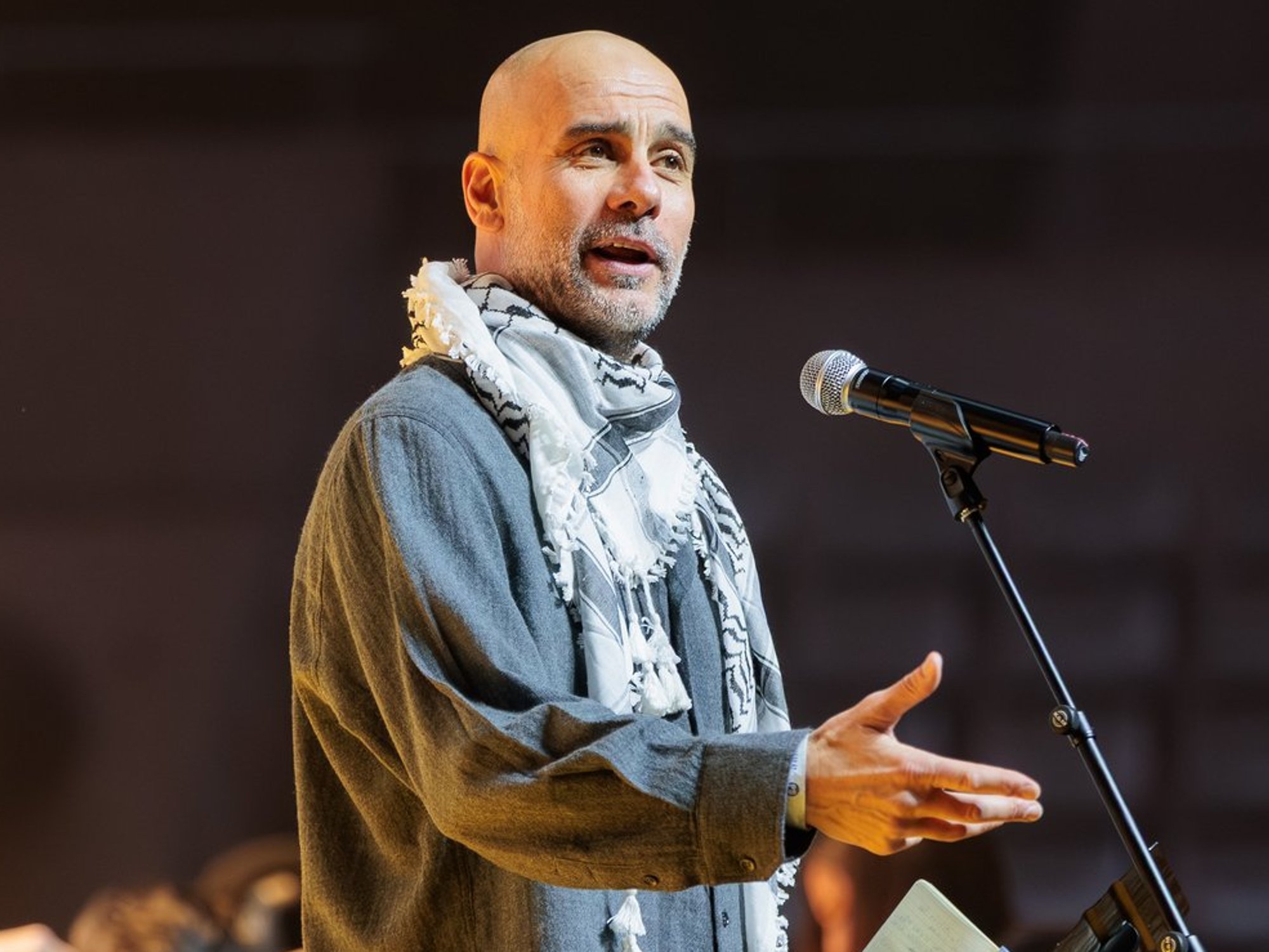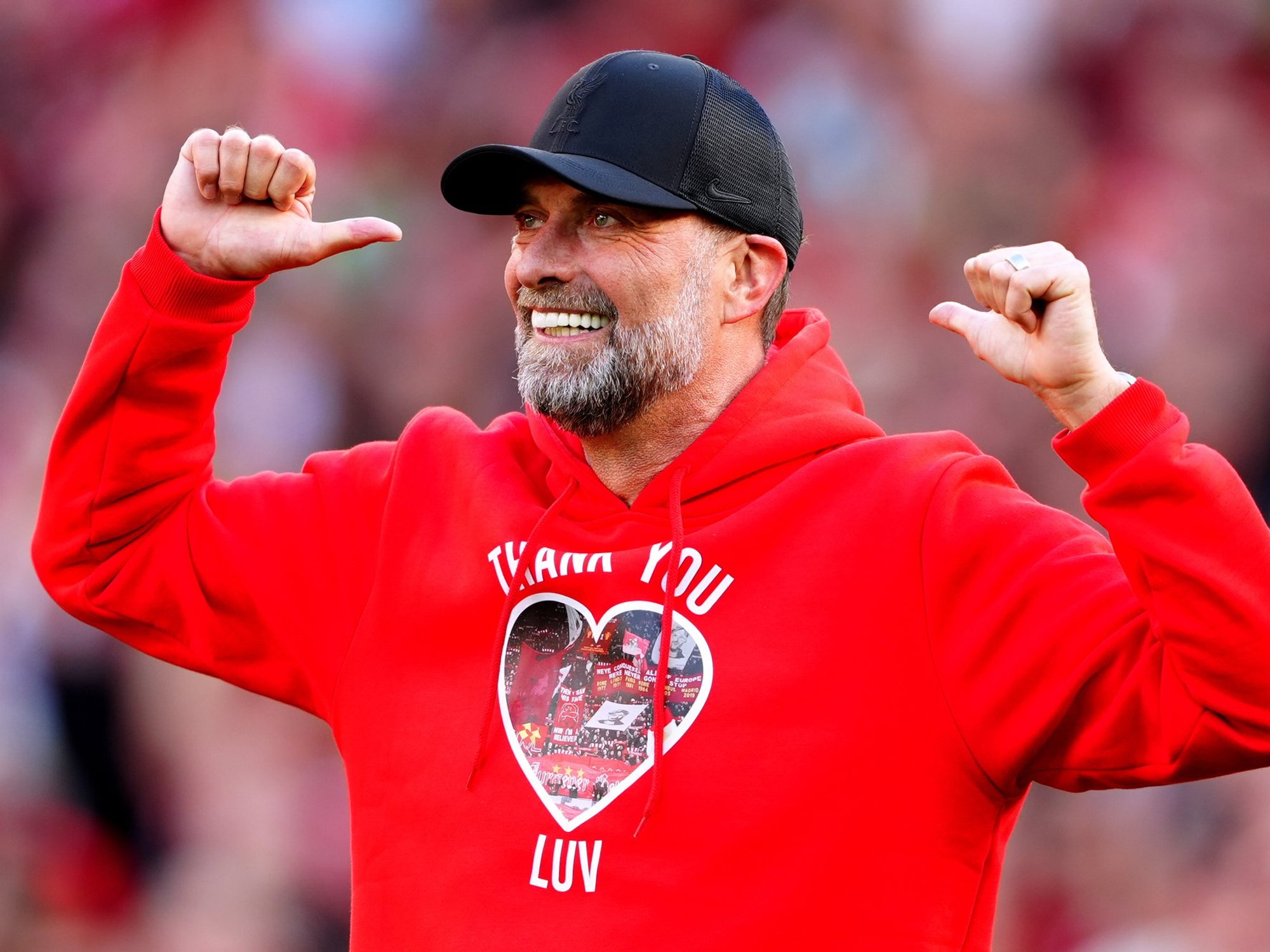English football marks 'historic moment' as independent regulator enshrined in UK law

The IFR will be independent from both the Premier League and Government
Don't Miss
Most Read
English football has marked a momentous chapter in its history as the Football Governance Act secured Royal Assent, creating the nation's inaugural Independent Football Regulator (IFR).
The groundbreaking legislation, which was enshrined in UK law on Monday, marks the most significant transformation in football governance for decades.
The regulator will supervise the top five divisions of men's football across England, wielding unprecedented authority to safeguard the sport's future.
Years of financial turmoil at numerous clubs and the controversial European Super League proposal in 2021 catalysed this reform. The legislation originated from recommendations in a supporter-led review.
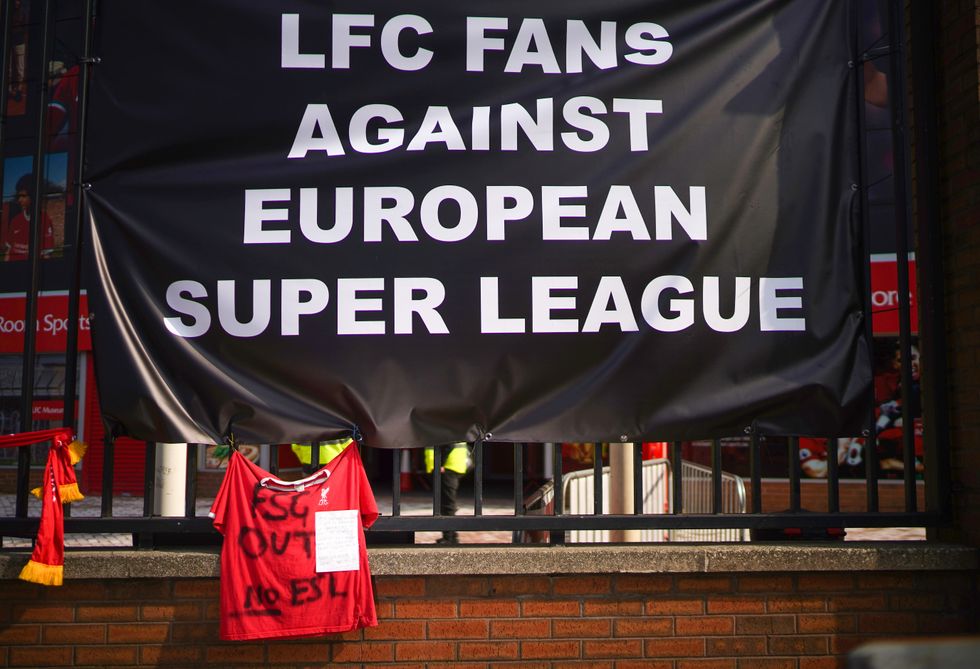 There were big protests against the European Super League in 2021 | GETTY
There were big protests against the European Super League in 2021 | GETTYImplementation will begin over the coming months, with the regulatory body operating independently from both Governmental and football authorities.
The regulator's extensive remit encompasses stringent financial oversight to guarantee long-term viability throughout the football pyramid, and statutory ownership will replace existing voluntary arrangements.
Crucial heritage elements including home kit colours, club crests and stadium locations will receive statutory protection and supporters will gain formal participation rights in significant club decisions.
JUST IN: Paul Gascoigne 'makes contact' for the first time since collapse that forced him into hospital
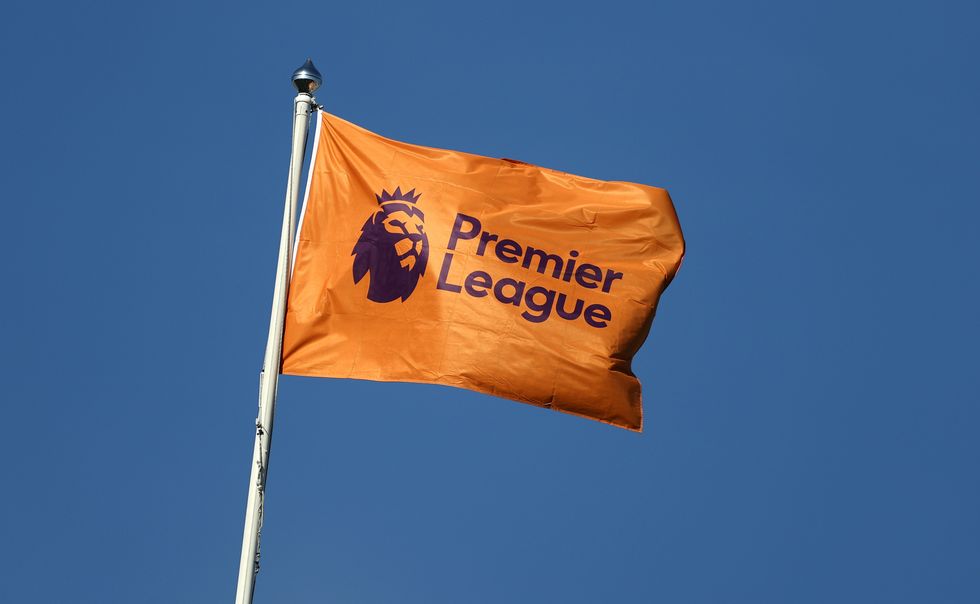
The independent regulator will aim to increase financial stability throughout the English football pyramid
| PAThe legislation explicitly prohibits English clubs from participating in closed competitions or breakaway tournaments.
Additionally, the regulator possesses "backstop powers" to facilitate equitable revenue distribution across divisions.
Enhanced supporter engagement standards will become mandatory, ensuring fan representation in boardroom deliberations.
Prime Minister Keir Starmer proclaimed this "a proud and defining moment for English football", declaring the legislation would "protect the clubs they cherish" whilst ushering in "a stronger, fairer future for the game we all love".
READ MORE: Scottish ice hockey star, 19, tragically dies after falling off hotel balcony as statement released
Culture Secretary Lisa Nandy told the BBC: "This is a huge moment for football fans because we've had far too many clubs, including mine, Wigan Athletic, at risk from poor ownership and finances."
Football Supporters' Association (FSA) chief executive Kevin Miles hailed Monday's development as "a historic moment for football in this country".
He also expressed pride that the FSA had been "at the heart of change, helping to bring in laws which can help protect the clubs we love from the worst excesses of owners throughout the professional game".
The Premier League has voiced reservations about the legislation's scope, maintaining that English football possesses the capability for self-governance.
LATEST SPORTS NEWS:
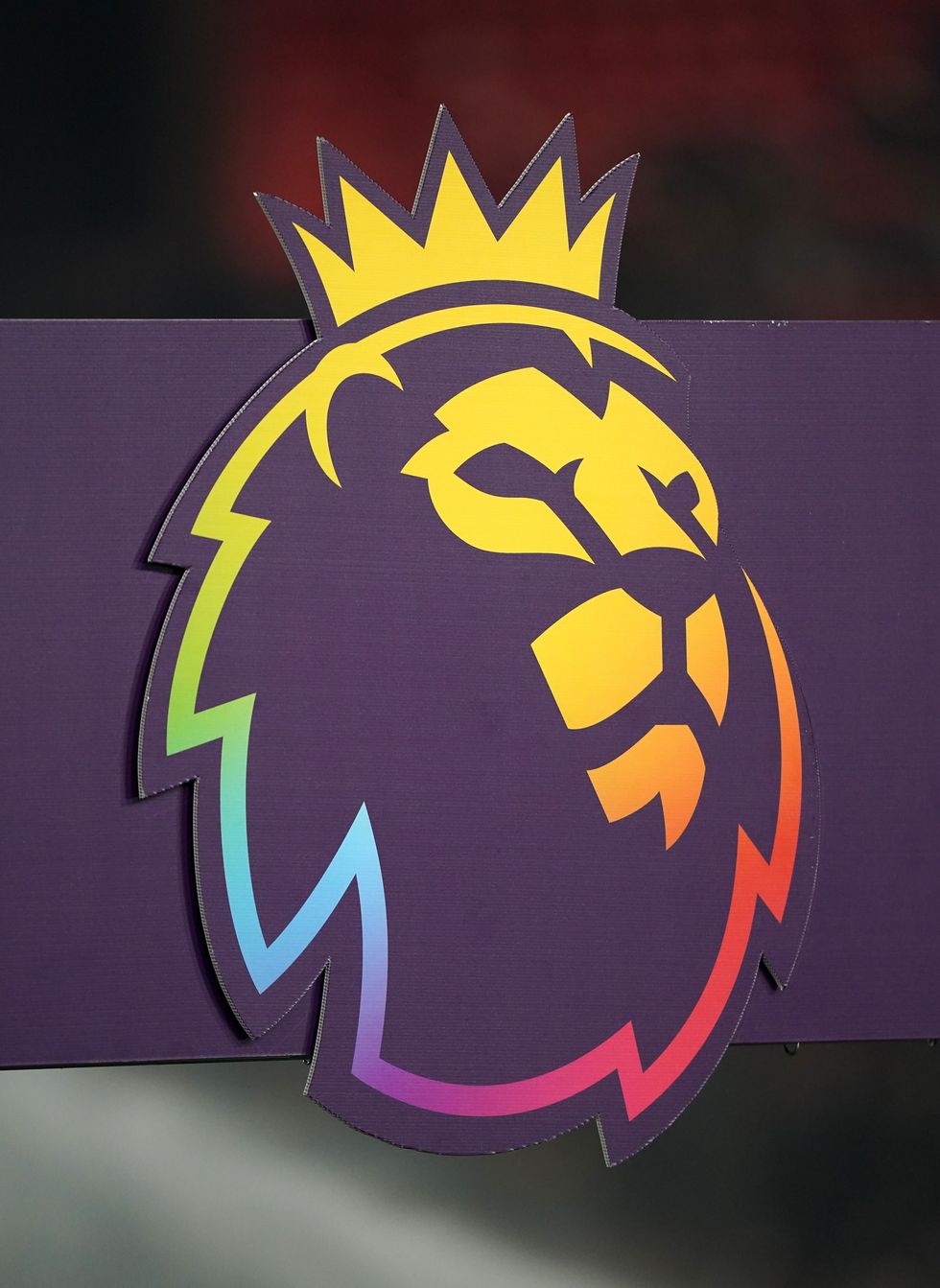
The Premier League insist that it possesses the capability for self-governance
| PAThe league also cautioned that regulatory intervention could diminish competitiveness and global appeal, while expressing concerns about "unprecedented and untested powers" affecting revenue distribution.
The transition process is already advancing, with the Shadow Football Regulator engaging extensively with industry stakeholders since January. An interim chief executive and board appointments are imminent.
The regulator will formally launch later this year following comprehensive industry consultation on proposed rules and licensing frameworks.
EFL chairman Rick Parry characterised the legislation as a "watershed moment in the history of English football", emphasising that clubs could now "rise and fall through the pyramid without the threat of financial catastrophe".
Reading supporters witnessed first-hand the devastation wrought by inadequate ownership under Dai Yongge, who was ultimately disqualified by the EFL. The club endured multiple transfer embargoes and an 18-point deduction before Rob Couhig's takeover.
Nandy highlighted specific protections for supporters: "For fans like Sheffield Wednesday, who I spoke to at the start of this journey, it will mean you can't have the colours changed without fans being in the room and part of the decision-making process."


